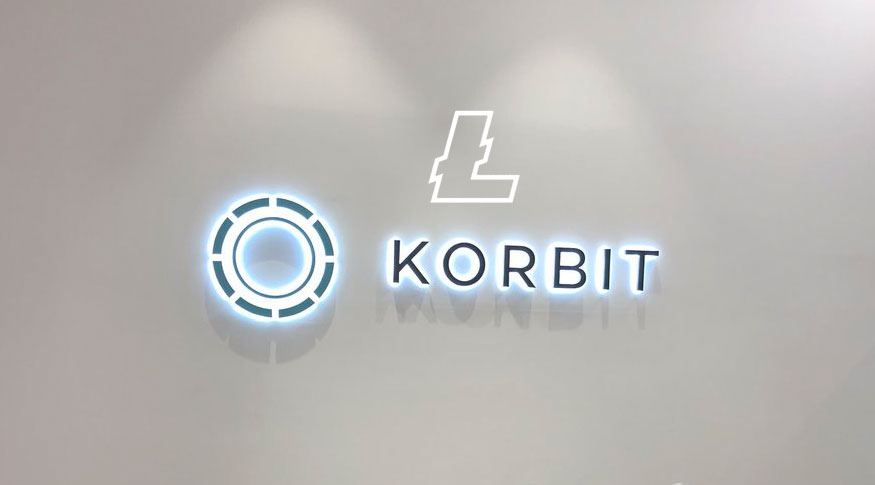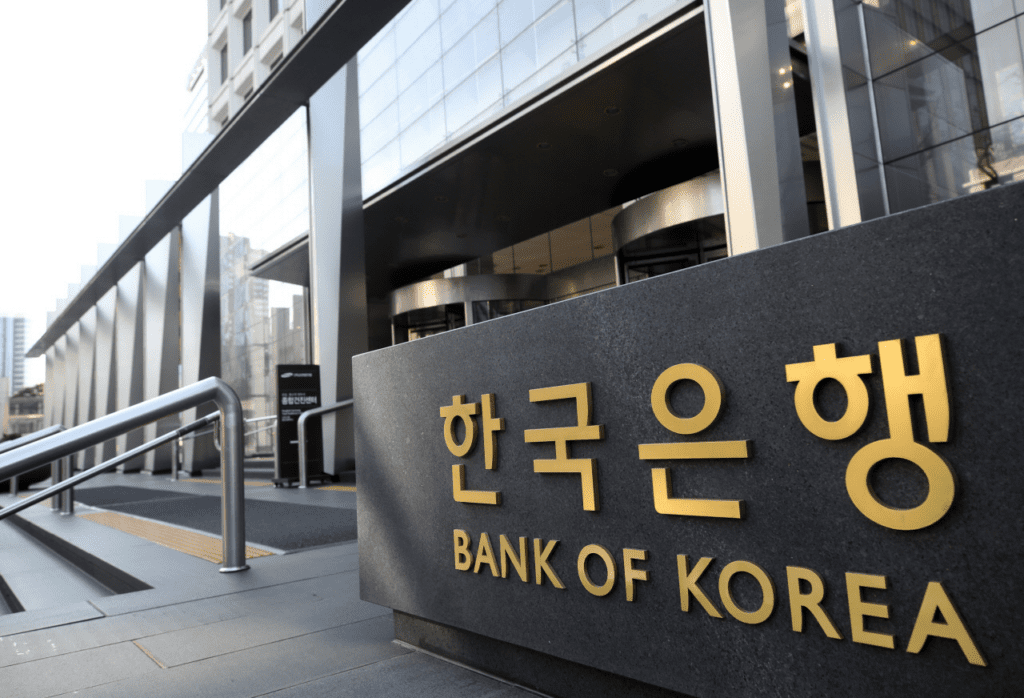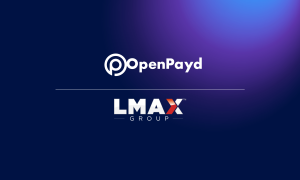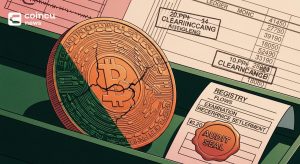Five South Korean Banks Plan To Halve Daily Limits For Crypto Investment Deposits
Key Points:
- The DAXA and the five South Korean banks that provide real-name accounts to the country’s crypto exchanges will discuss the “standardization of real-name account services.”
- Topics include transfer limits, whether to allow corporate banking and user deposit protection measures.
- The five banks are Nonghyup Bank, K Bank, Jeonbuk Bank, Kakao Bank, and Shinhan Bank.
The Korean Digital Asset Exchange Association (DAXA) and the five South Korean banks that supply real-name accounts to the country’s crypto exchanges will meet on June 15 to discuss the “standardization of real-name account services,” according to Biz Watch.

Transfer limitations, whether to enable corporate banking, and user deposit protection measures are all discussed. Nonghyup Bank, K Bank, Jeonbuk Bank, Kakao Bank, and Shinhan Bank are the five banks.
The maximum daily deposit limit for non-counter bank accounts for cryptocurrency investing would be cut in half, from 10 million won (about $7,817) to 5 million won (about $3,909), according to the proposal.
Nonghyup, K Bank, Jeonbuk Bank, and Kakao Bank are now seeking 10 million won per day, while only Shinhan Bank, which is linked to Korbit, is applying for 300,000 won per day. Assume the standard is finished after the banking industry agrees and the regulators evaluate it. In that situation, Korbit, which was concerned about the low deposit limit, should be able to breathe easier.

Customers who have completed identification verification and made a written commitment, on the other hand, will continue to have a deposit limit of 100 million won per transaction and a daily limit of 500 million won. Withdrawals from regular accounts are restricted to 100 million won every visit and 500 million won per day.
Firm banking, or the transfer of investment funds from banks that issued real-name accounts, is anticipated to stay unchanged. Firm banking is a way in which the virtual asset exchange may deposit and withdraw money directly from a customer’s account if the depositor agrees.

This approach is advantageous since it allows for speedy transactions. However, there are issues with the potential of unfair withdrawals, such as the exchange’s arbitrary withdrawal demands and difficulty in identifying consumers. As a consequence, clients are reviewed on a yearly basis, and long-term unused consumers are encouraged to discontinue usage.
Moreover, banks use exchanges to monitor consumers on a regular basis to avoid money laundering and to enhance the management of ultra-high-risk customers. There is also a policy to increase suspicious transaction reporting (STR) for excessive withdrawals and to make explaining the source of cash essential.
As Coincu reported, Korean financial officials are looking into whether the coins at the heart of the SEC complaint are securities. After a complaint against Binance and Coinbase, the SEC categorized 19 major cryptocurrencies as securities. DAXA and major Korean exchanges were likewise wary about delisting these currencies.
DISCLAIMER: The information on this website is provided as general market commentary and does not constitute investment advice. We encourage you to do your own research before investing.
Join us to keep track of news: https://linktr.ee/coincu
Harold
Coincu News





















